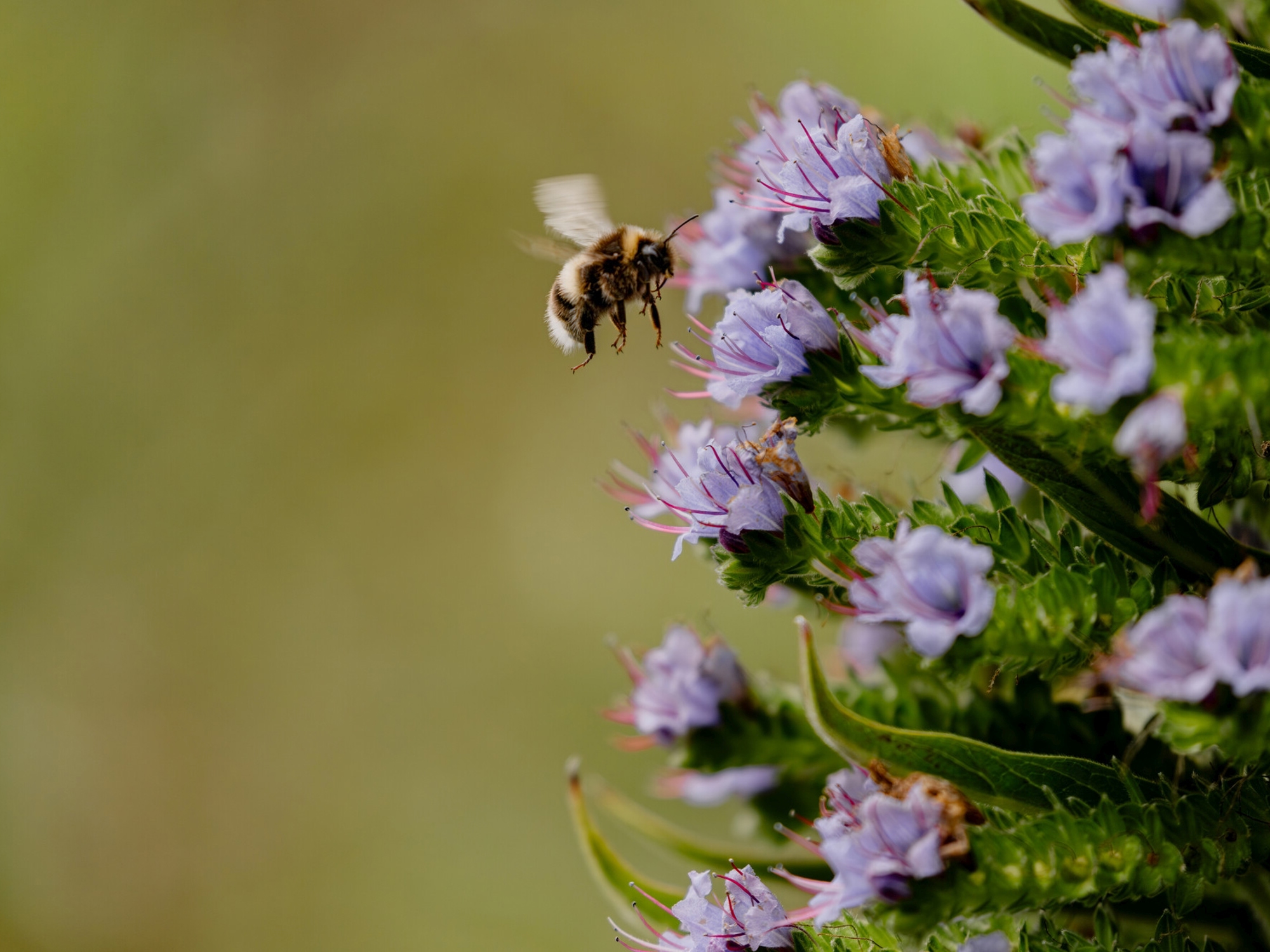Professor Simon Hiscock became Director of the Oxford Botanic Garden and Harcourt Arboretum in July 2015, and is a fellow of Christ Church College. Prior to this he was Professor of Botany and Director of the University of Bristol Botanic Garden. He did his first degree in Botany at Oxford (Worcester College) in 1985 and after a brief spell as a biology teacher, gained a DPhil from Oxford (Department of Plant Sciences) in 1993. After post-doctoral research and a Junior Research Fellowship at Worcester College Oxford, he was awarded a BBSRC David Phillips Research Fellowship to research the molecular genetics and evolution of self-incompatibility in Senecio squalidus (Oxford ragwort). In 2000 he moved this Fellowship to Bristol and in 2002 was appointed Lecturer in Plant Sciences in the School of Biological Sciences. In 2004 he became Reader in Plant Sciences and in 2007 Professor of Botany. He was Director of the University of Bristol Botanic Garden from 2003-2015.
His research seeks to understand fundamental processes in plant reproduction and evolution using genetics and genomics. Current research is focused on studying the interacting forces of mating system, interspecific hybridization, and polyploidy in three taxonomically ‘difficult’ groups: Senecio (Asteraceae), Sorbus (Rosaceae), and Orobanche (Orobancaceae).
He is Scientific Secretary of the Linnean Society, a Core Member of NERC panel E and an Honorary Professor at the University of Bristol.

